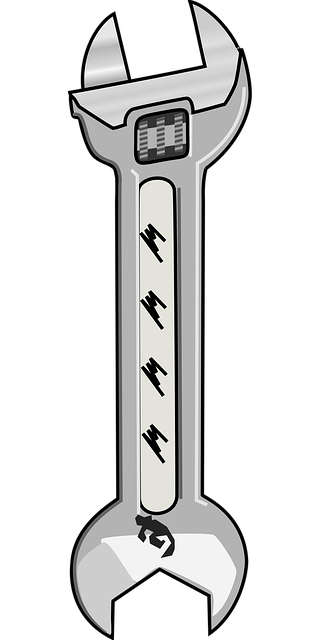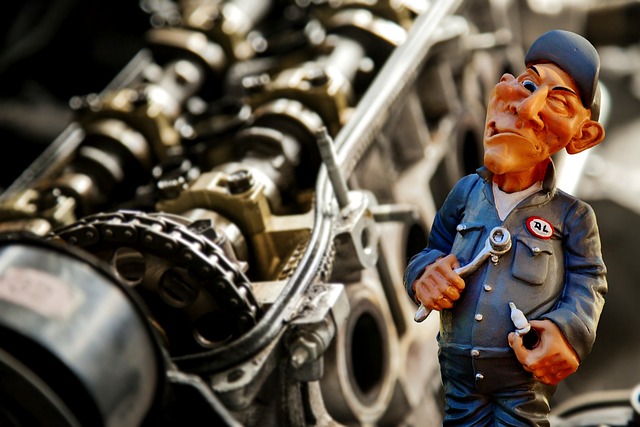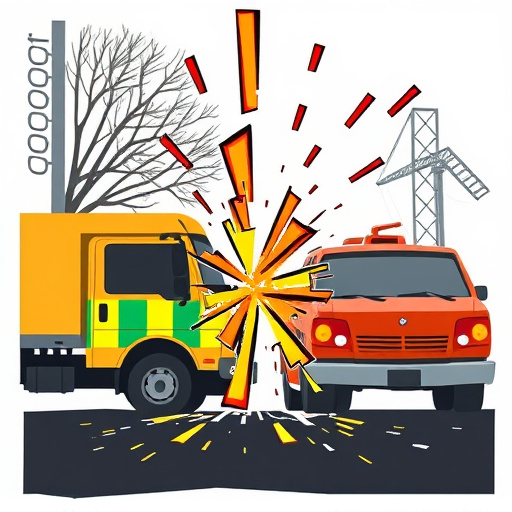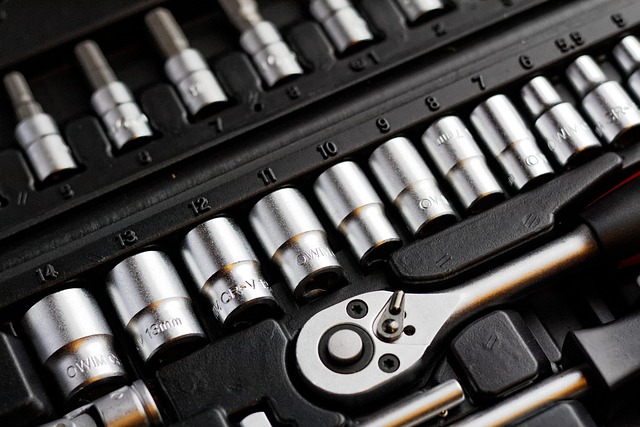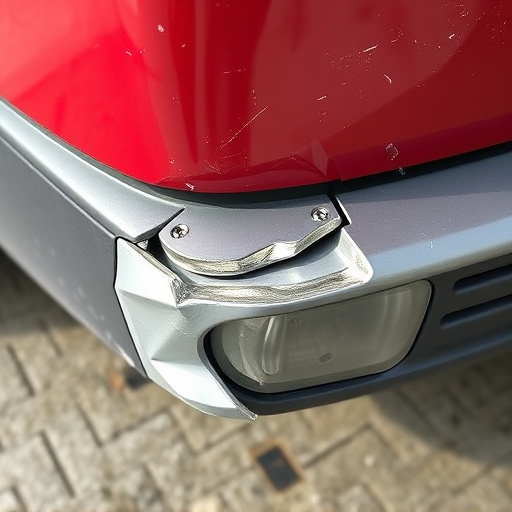In collision repair, exceptional customer service hinges on acknowledging client concerns beyond physical damage, setting clear expectations through transparent communication, and offering timely, empathetic support. Technicians build trust by actively listening and explaining procedures in plain language, fostering positive experiences that encourage word-of-mouth referrals. Adapting services to diverse customer profiles—from millennials seeking digital updates to retirees preferring personalized communication—builds loyalty, transforming a transactional interaction into a meaningful relationship throughout the collision repair process.
In the competitive landscape of collision repair, professional customer service is not just a nicety—it’s a differentiator. Effective communication, tailored services, and exceptional experiences are crucial for fostering trust and loyalty among clients. This article delves into three key aspects of professionalism in collision repair customer service: understanding customer needs, creating positive experiences, and building lasting relationships through consistent quality and feedback. By exploring these areas, you’ll uncover strategies to elevate your business above the rest in a bustling market.
- Setting Expectations: Understanding Customer Needs in Collision Repair
- – The role of active listening and clear communication
- – Tailoring service to different customer profiles
Setting Expectations: Understanding Customer Needs in Collision Repair

In the realm of collision repair customer service, setting expectations is paramount to fostering trust and satisfaction. Understanding customer needs is the first step in this process. Collision repair customers often bring their vehicles into a vehicle body shop facing significant stress and frustration due to an accident. They expect not just competent auto body work, but also courteous treatment, clear communication about repairs, and timely completion. A professional approach involves actively listening to clients’ concerns, explaining each step of the repair process in layman’s terms, and adhering to promised timelines.
Meeting these expectations requires a deep empathy for the customer’s situation. This means addressing not just the physical damage, like paintless dent repair, but also the emotional toll of being involved in an accident. By setting clear milestones, providing transparent estimates, and ensuring open lines of communication, collision repair businesses can create a calming experience during what can be a challenging time for their clients.
– The role of active listening and clear communication

In the realm of collision repair customer service, active listening and clear communication are indispensable tools for fostering strong relationships with clients. When a vehicle suffers damage, customers often come to the shop feeling vulnerable and anxious about their prized possession’s condition. A professional technician who actively listens to clients’ concerns, questions, and expectations can significantly alleviate these worries. By demonstrating empathy and understanding, repair shops can build trust and assure clients that their vehicles are in capable hands.
Effective communication goes beyond verbal interactions. It includes using simple, accessible language to explain complex procedures, such as paintless dent repair or tire services. Clear signage, detailed estimates, and regular updates on the repair progress ensure customers remain informed throughout the process. This transparency not only enhances satisfaction but also encourages positive word-of-mouth referrals for collision repair customer service that prioritizes professionalism and communication.
– Tailoring service to different customer profiles

In providing collision repair customer service, understanding and catering to diverse customer profiles is paramount. Every client, whether they’re a young professional with a daily driver or an older couple with a cherished classic car, has unique needs and expectations. A top-notch auto collision center doesn’t just offer standard services; it adapts its approach. For instance, when dealing with tech-savvy millennials, emphasizing digital updates and efficient communication channels can enhance their experience. In contrast, retirees might appreciate a more personalized touch, detailed explanations, and patience during the repair process.
Tailoring service to these profiles ensures not only customer satisfaction but also builds trust and loyalty. Proficient staff should be adept at assessing customer needs, offering recommendations for services like auto dent repair or auto body painting, and addressing concerns in a language and manner that resonate with them. This level of customization turns collision repair from a transactional experience into a meaningful interaction, fostering a positive perception of the entire process, from initial consultation to final collection.
In the realm of collision repair, professionalism is the linchpin connecting workshops with satisfied customers. By mastering active listening and clear communication, and tailoring services to diverse client profiles, repair shops can deliver exceptional collision repair customer service. This approach not only fosters trust but also ensures every interaction reflects expertise and care, ultimately driving customer loyalty in today’s competitive market.
